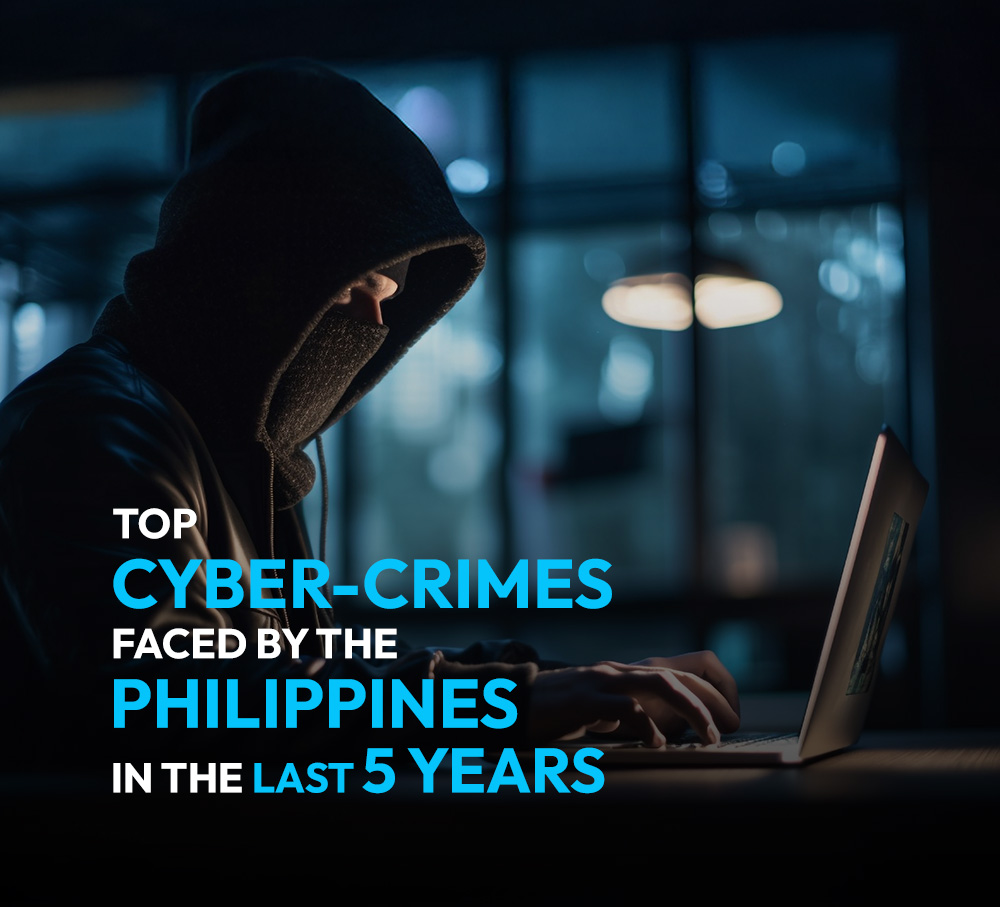Like most other ASEAN countries, the Philippines too has been witnessing rampant growth and development in terms of technological advancements and specially digitization.

Things like disruptive technologies, innovative business models and automation, are just another run of the mill occurrences.
The Philippines also boasts of a tech savvy younger population with extremely high social media consumption. So much so that in January 2021, there were 89 million social media users in the Philippines, where the numbers increased by 16 million (+22%) between 2020 and 2021. Filipinos make use of the various social media platforms for numerous purposes like promoting products/services, as sources of news and other more obvious activities.
As per a global survey commissioned by Dell EMC, it was revealed that
Filipino Gen Z-ers (born in or after 1996) were the most confident with their tech savviness among their counterparts in ASEAN and also globally.
Not just that, in the last couple of years, Philippines has garnered a global reputation in terms of IT-based services, with IT-business process outsourcing (BPO) sector leading with double digit growth. It’s surprising to know that despite this development the country’s infrastructure for internet and related services has been the least developed in Asia-Pacific.
Taking that as a cue and riding the country’s wave of development, cyber-crimes have also surfaced drastically in the last couple of years taking the Philippines by storm.
Let’s look at the top cyber-crimes faced by the Philippines in the last 5 years:
- Philippine Commission on Elections (Comelec) Data leak, 2016: On 27March 2016, during the time of elections, 70 million votes data registered with the Commission on Elections was hacked and leaked, which is considered as one of the biggest government data leaks in history.
The whole attack was orchestrated by a self-named group called Anonymous Philippines. Post-breach, another hacker group called LulzSec Pilipinas posted the entire database on the internet which was then widely shared by others.
It was believed that Anonymous Philippines was most likely connected with the global Anonymous hacker network which had operations in over 20 countries to project their agitation against government corruption and internet censorship.
The hacked data contained details such as personal information, passport information and even finger print data related to the 70 million Filipino voters.
- Wendy’s Philippines Data breach, 2018: Wendy’s Philippines, an American international fast-food restaurant chain with operations in the Philippines faced a drastic website hack in May 2018 that compromised more than 80,000 records which comprised personal data of its customers and job applicants like names, email addresses, home addresses, contact numbers, resumes, payment method and transaction details.
To counter the situation, the National Privacy Commission of Philippines (NPC) issued an order to Wendy’s Philippines asking it to submit the updated versions of its website’s privacy policy, internal investigation reports and protocols related to information security measures that were overlooked. The order further asked the fast-food chain to make the affected customers aware about the data breach.
In the aftermath of the breach, NPC also ordered Jollibee Foods Corporation, another popular fast-food chain to temporarily shut down its delivery website to spot the vulnerabilities and the cyber related flaws. This was done to ensure that millions of customers data stay protected in the event of a similar breach.
- Cebuana’s email server breach, 2019: In January 2019, Philippine-based pawning and remittance firm Cebuana Lhuillier experienced a high intensity breach that involved its email server that was used for marketing.
Over 900,000 thousand customers were affected by the breach and in its official statement, Cebuana disclosed that customers’ personal information including name, date of birth, email address, mobile number and income related information might have been compromised. Also, the server was instantly disconnected from the network as soon as the news broke out.
Cebuana also stated that the 900,000-figure accounted to only 3 percent of its total clientele and its primary servers remained safe and secure along with the transaction details relating to the customers.
- Phishing attacks and Covid-19: Ever since the Covid-19 pandemic broke out, the Philippines has been witnessing a frequent surge in the number of phishing attacks.
As per the Bank of the Philippines Islands (BPI), it has been taking down close to 10 phishing sites everyday after the onset of the pandemic. The attackers are exploiting the pandemic situation to their full potential as several phishing attacks are repeatedly aimed at the clients during their quarantine period to deceive them into giving their personal information.
The attackers mostly comprise of Filipino syndicates that are using Covid-19 themed malicious emails to steal information and regulate fake crowd-funding online portals to trick people into giving donations for PPE.
All in all, the bank has taken down more than 2,000 phishing sites to date.
The country has suffered numerous cyber-crimes throughout the Covid-19 pandemic that started last year and as per the Philippine National Police (PNP) Anti-Cybercrime Group there have been 869 online scams between March to September 2020 which is 37 percent higher compared to the same period in 2019 that witnessed 633.
As per the global think tank, Cybersecurity Ventures, cyber-crime is going to hit $6 trillion in 2021 and is expected to reach an astonishing $10.5 trillion mark in 2025.